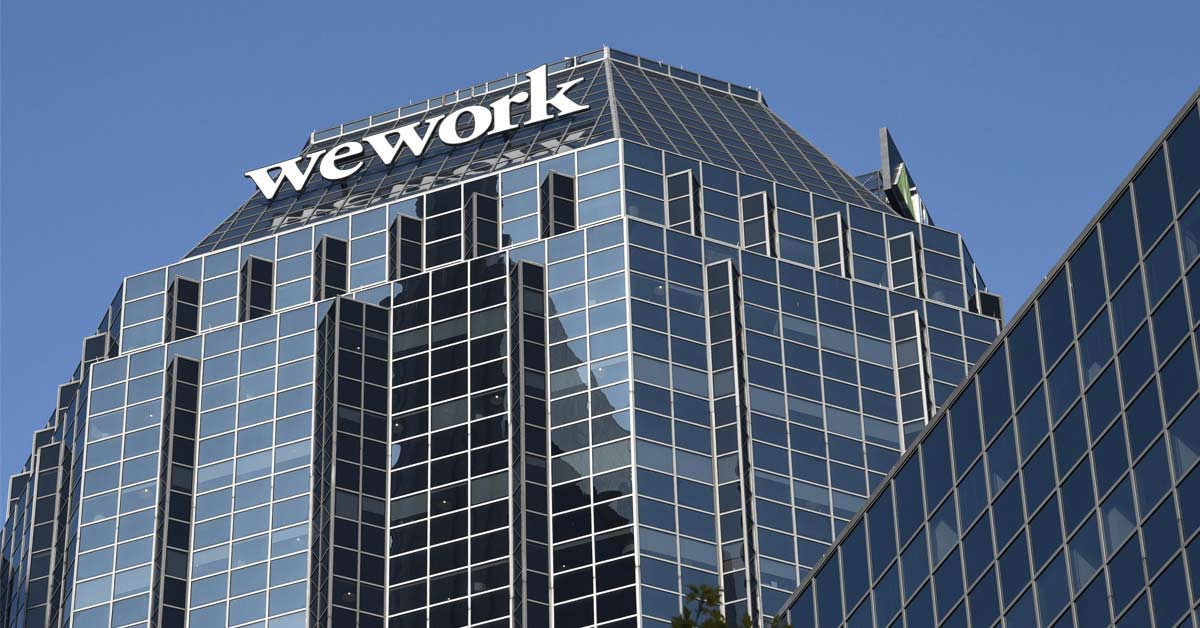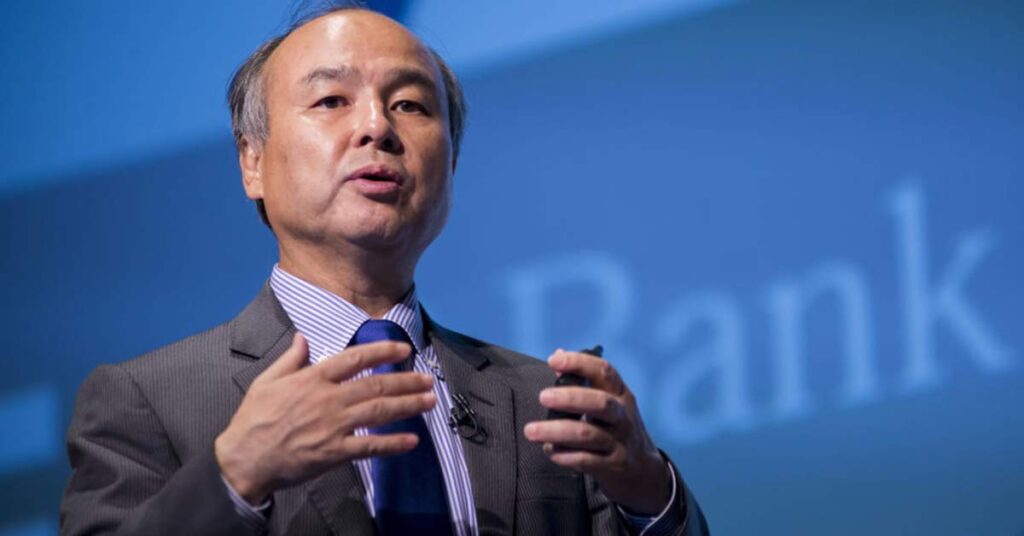U.S. headquartered, SoftBank-backed startup WeWork, once the coworking giant has sought U.S. bankruptcy protection on Monday, Reuters reported. The move comes amid sinking demand for WeWork’s spaces as its corporate clients cancel expensive leases.
Besides this, the demand for WeWork’s spaces receded as some of the employees of corporate clients have started working from home.
According to WeWork, paying for space consumed 74 percent of WeWork’s revenue in the second quarter of 2023. The company was once valued at $47 billion, and now reported a net loss of $696 million in the first half of this year, according to Free Press Journal.
The move represents an admission by SoftBank, the Japanese technology group that owns about 60% of WeWork and has invested billions of dollars in its turnaround, that the company cannot survive unless it renegotiates its pricey leases in bankruptcy.
Profitability has remained elusive as WeWork grapples with its expensive leases and corporate clients cancelling because some employees work from home. Paying for space consumed 74% of WeWork’s revenue in the second quarter of 2023.
The company reported estimated assets and liabilities ranging from $10 billion to $50 billion, according to a bankruptcy filing.
“WeWork could use provisions of the U.S. bankruptcy code to rid itself of onerous leases,” law firm Cadwalader, Wickersham & Taft LLP said in a note to landlords on its website in August. Some landlords are bracing for a significant impact.
Under its founder Adam Neumann, WeWork grew to be the most valuable U.S. startup, worth $47 billion. It attracted investments from bluechip investors, including SoftBank and venture capital firm Benchmark, as well as the backing of major Wall Street Banks, including JPMorgan Chase.
Neumann’s pursuit of breakneck growth at the expense of profits, and revelations about his eccentric behavior, led to his ouster and the derailment of an initial public offering in 2019.
SoftBank was forced to double down on its investment in WeWork, and tapped real estate veteran Sandeep Mathrani as the startup’s CEO. In 2021, SoftBank cut a deal to take WeWork public through a merger with a blank-check acquisition company at an $8 billion valuation.
WeWork managed to amend 590 leases, saving about $12.7 billion in fixed lease payments. But this was not enough to compensate for the fallout from the COVID-19 pandemic, which kept office workers at home.
Many of its landlords, who were also feeling the squeeze, had little incentive to give WeWork a break on the terms of their leases.
While WeWork had some success in signing up large conglomerates as clients, many of its customers were startups and smaller businesses, which cut their spending as inflation soared and economic prospects soured.
Adding to WeWork’s woes was competition from its own landlords. Commercial property companies that traditionally only entered into long-term rent agreements started offering short and flexible leases to cope with the downturn in the office sector.
Mathrani was succeeded as WeWork CEO this year by former investment banker and private equity executive David Tolley, who as chief executive of Intelsat helped the debt-stricken satellite communications provider emerge from bankruptcy in 2022.
In a statement, WeWork Inc said the company and certain of its entities have “filed for protection under Chapter 11 of the U.S. Bankruptcy Code, and intend to file recognition proceedings in Canada under Part IV of the Companies’ Creditors Arrangement Act (the CCAA Recognition Proceedings).” WeWork’s locations outside of the US and Canada are not part of this process, it added.
“WeWork’s franchisees around the world are similarly not affected by these proceedings,” the statement said.
WeWork Inc announced that it has commenced a comprehensive reorganization to strengthen its capital structure and financial performance to best position the company for future success.
“The company maintains the strong support of its key financial stakeholders and has entered into a Restructuring Support Agreement (RSA) with holders representing approximately 92 per cent of its secured notes to drastically reduce the company’s existing funded debt and expedite the restructuring process,” the statement said.
David Tolley, CEO of WeWork said, “Now is the time for us to pull the future forward by aggressively addressing our legacy leases and dramatically improving our balance sheet.” As of June 30, 2023, WeWork’s consolidated real estate portfolio consisted of 610 locations across 33 countries, which supported approximately 715,000 workstations and 512,000 physical memberships.
WeWork engaged in debt restructurings, yet this was not enough to stave off its bankruptcy. The company last week secured a seven-day extension from its creditors on an interest payment, to win more time to negotiate with them.
ⓘ LAFFAZ is not responsible for the content of external sites. Users are required to read and abide by our Terms & Conditions.








